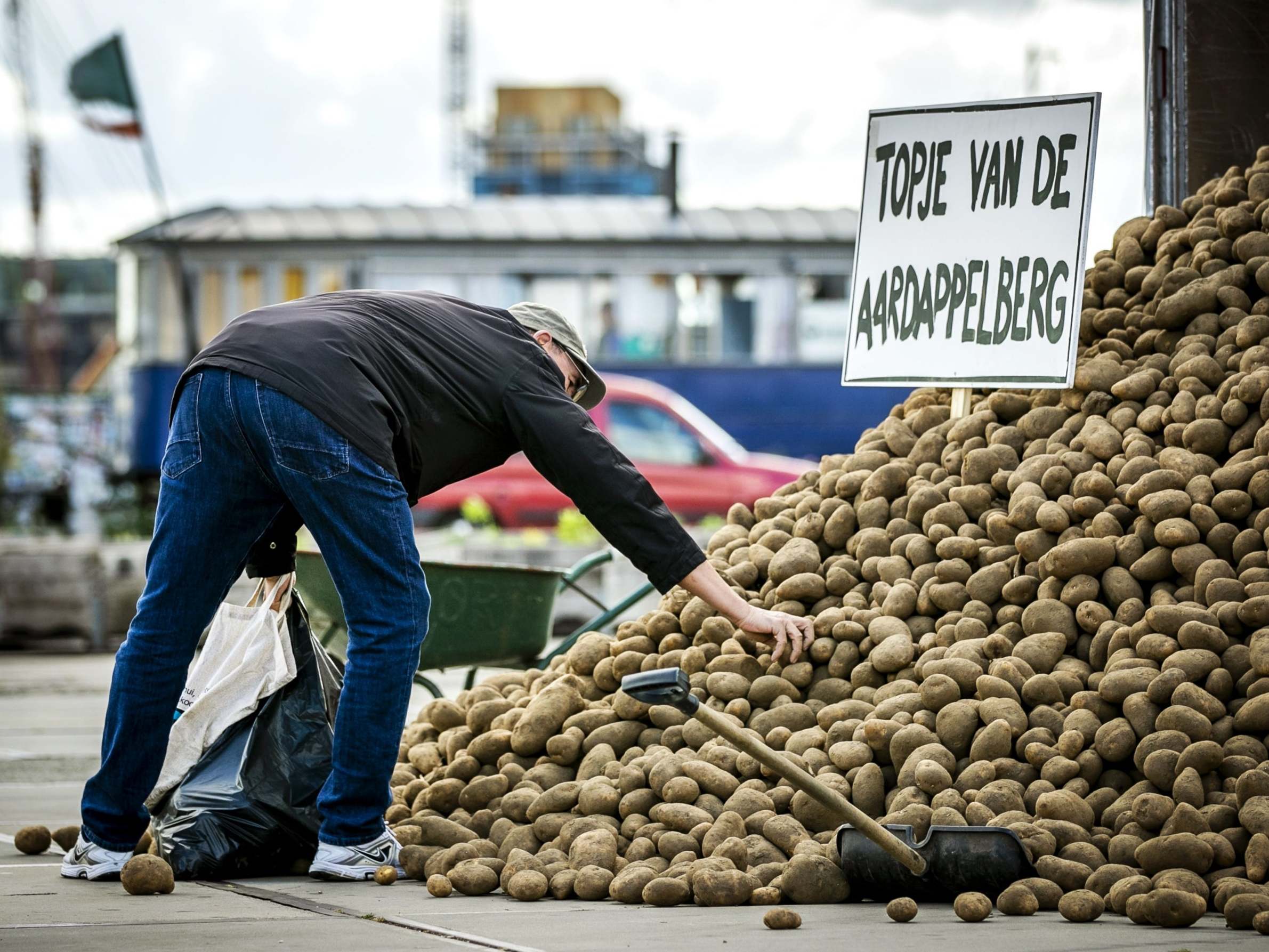Immediate action needed to avert ‘global food emergency’, says UN
Hundreds of millions go hungry as lockdowns disrupt supply chains

UN secretary-general Antonio Guterres has called for immediate action to avoid a “global food emergency”, saying more than 820 million people are hungry, some 144 million children under five years old are stunted, and that the Covid-19 pandemic is making things worse.
He said there was more than enough food to feed the world's 7.8 billion people but “our food systems are failing”.
The UN chief launched a policy briefing on the impact of Covid-19 on food security and nutrition on Tuesday which said before the pandemic more than 820 million people were “chronically food-insecure”, with 135 million at crisis levels or worse.
“That number could nearly double before the end of the year due to the impacts of Covid-19,” the briefing said.
And Mr Guterres said some 49 million extra people may fall into extreme poverty due to the pandemic and its impact.
Noting forecasts of a global economic downturn this year, he warned that every percentage point drop in global GDP means an additional 700,000 stunted children.
According to the briefing, measures to tackle the Covid-19 pandemic are affecting global food supply chains.
“Border restrictions and lockdowns are, for example, slowing harvests in some parts of the world, leaving millions of seasonal workers without livelihoods, while also constraining transport of food to markets,” the UN briefing said.
It pointed to the forced closure of meat processing plants and food markets in many locations because of serious Covid-19 outbreaks.
Agnes Kalibata, the UN special envoy to a food systems summit scheduled in 2021, said that “from the US to India, produce is rotting in the fields as lockdowns keep people from harvesting and planting crops”.
“That means less income for desperately hungry people to buy food and less food available, at higher prices,” she said in a statement. “And this is happening across the world.”
Ms Kalibata also said millions of litres of milk were being dumped in the United Kingdom for lack of buyers “while in Colombia families hang red flags outside their windows to indicate they are hungry”.
The briefing said high levels of unemployment, loss of income, and rising food costs are also making access to food difficult.
To address food security during the pandemic, Mr Guterres said food and nutrition services must be designated as essential, and food workers must be protected.
He said countries must ensure access for the most vulnerable “to safe, nutritious foods, particularly for young children, pregnant and breastfeeding women, older people and other at-risk groups”.
And he urged investment in food systems that better address the needs of food producers and workers and provide “more inclusive access to healthy and nutritious food so we can eradicate hunger”.
Mr Guterres also called for re-balancing the relationship between food systems and the environment.
“We cannot forget that food systems contribute up to 29 per cent of all greenhouse gas emissions, including 44 per cent of methane, and are having a negative impact on biodiversity,” he said.
Ms Kalibata, the UN envoy, said: “Countries face an agonising trade-off between saving lives or livelihoods or, in a worst-case scenario, saving people from Covid-19 to have them die from hunger.”
Associated Press
Join our commenting forum
Join thought-provoking conversations, follow other Independent readers and see their replies
Comments
Bookmark popover
Removed from bookmarks